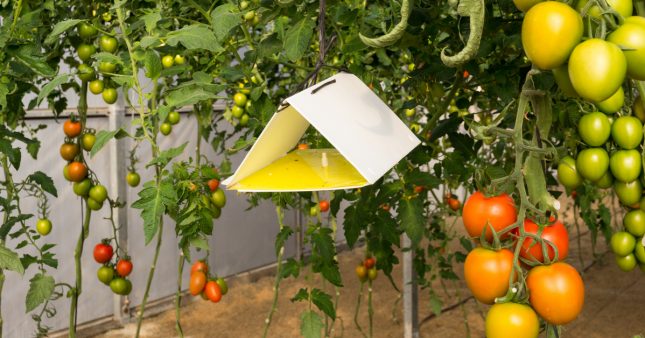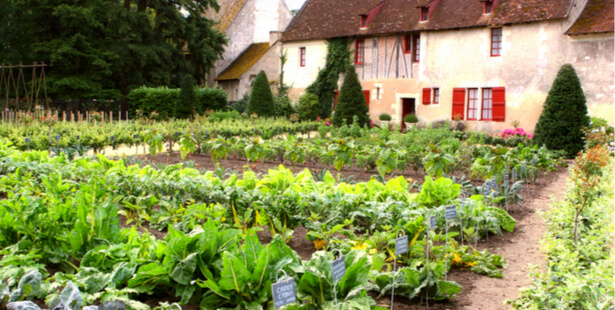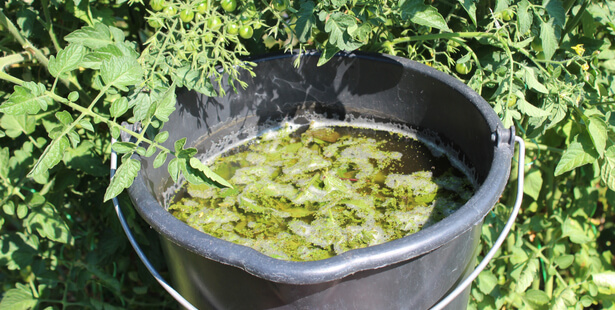
Biocontrol is the use of natural mechanisms to limit the impact of pests on crops. This practice is more and more used, as much by amateur gardeners as by farmers… especially now that serious efforts must be made to get away from phytosanitary products.
How to implement biocontrol in the vegetable garden?
In a biocontrol approach, there is no miracle recipe that works no matter what. This is the very first thing that anyone who wants to use the technique needs to consider. The hardest step to take? Accepting the risk.
It is because there is no guarantee of effectiveness, and therefore the impossibility of ensuring a secure production, that biocontrol (like all natural gardening techniques) still scares many gardeners and farmers. We need courageous pioneers, be part of it!
Start by observing your garden
The gardener must first of all be a first-rate observer of his environment. One garden or vegetable garden is not the same as another, nature is multiple!
It is from fine observations that it will be possible to find the biocontrol tools that work for him.
It is also important to understand that biocontrol is first and foremost a technique for preventing problems. It is not about waiting until the problem is there to try to stop it, but rather about anticipating the pitfalls ahead of time.
If an invasion of pests occurs, it is possible to act, but the damage will still be significant.

In biocontrol, insects are friends
If some insects (and in the end there are not that many) are really annoying in the vegetable garden, the vast majority are harmless or even useful.
To help you in this biological fight, there are many auxiliary insects that are very effective in getting rid of all those pests that devour your crops.
The lacewing and the ladybug are emblematic of these insects allies of the vegetable garden and that we can find in the trade. But there are others such as the woodlouse or the carabid beetle that can also play their role!
The use of chemical mediators and micro-organisms in biocontrol
We call chemical mediators the whole range of products used to control crop pests.
Pheromones, for example, are very effective in repelling very specific insects, especially through the technique of sexual confusion: making it appear that there are only females in a specific area, which allows them all to be repelled, since they naturally prefer to avoid competition.
Among micro-organisms, certain viruses or bacteria are also used to limit the outbreak of insect pests. These means are particularly effective in regulating insect populations that multiply due to monoculture (large fields, orchards with only one variety of fruit, etc.).
Biocontrol – Please note
Regardless of the technique used, it is important to encourage all beneficial insects, to know your soil in order to know what you can plant in it and to choose plant varieties that are adapted to your climate.
The vegetable garden must be approached as a whole and not just in several small pieces to be cultivated for a specific purpose.
Natural substances at your fingertips
There are many natural substances of plant, mineral or animal origin that can be used to limit the impact of pests.
Some are well known, such as nettle or elderberry manure, others are less well known, such as diatomaceous earth for example.

Their use is nevertheless to be thought about because one brings, in an environment, a substance which was not there. Just because a substance is natural does not mean that it should not be used sparingly and judiciously!
Biocontrol is therefore a set of techniques and methods to be used in the vegetable garden by adapting them to the varieties produced, but also to the terrain and the local environment.
It is not easy, but when you have found the solution to a problem, you can be proud of having succeeded in respecting the environment and without risking the health of those who will consume the fruits and vegetables harvested!

